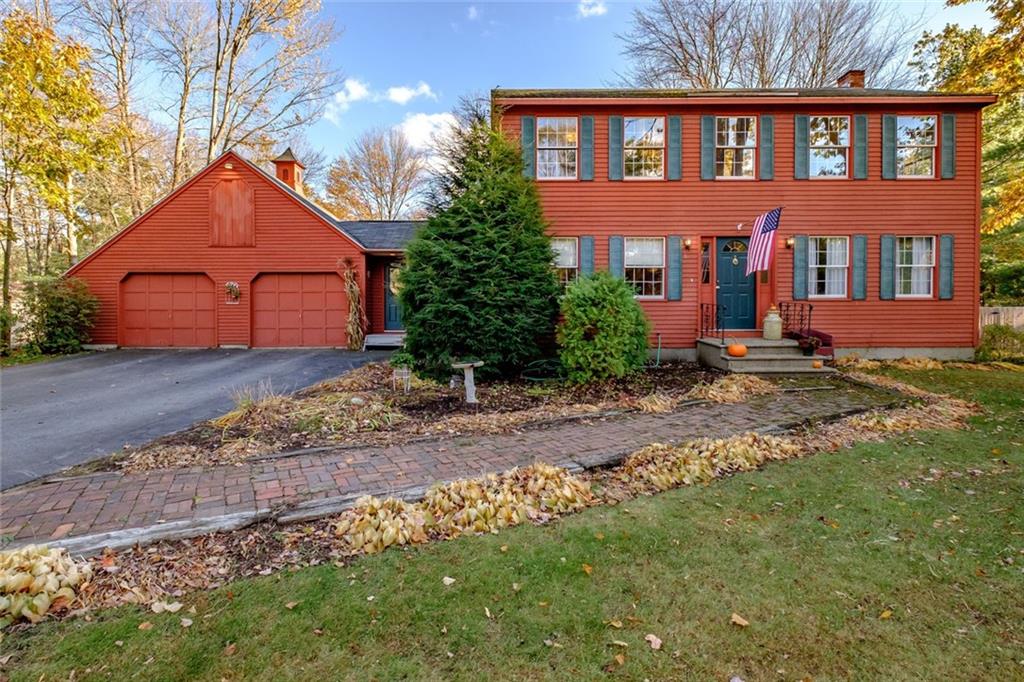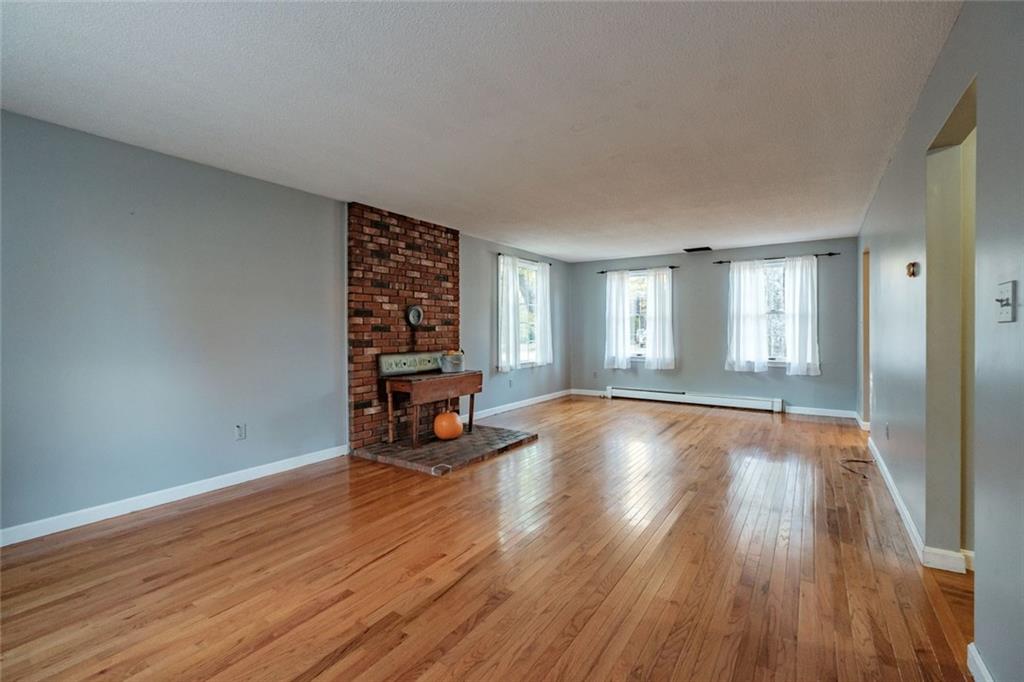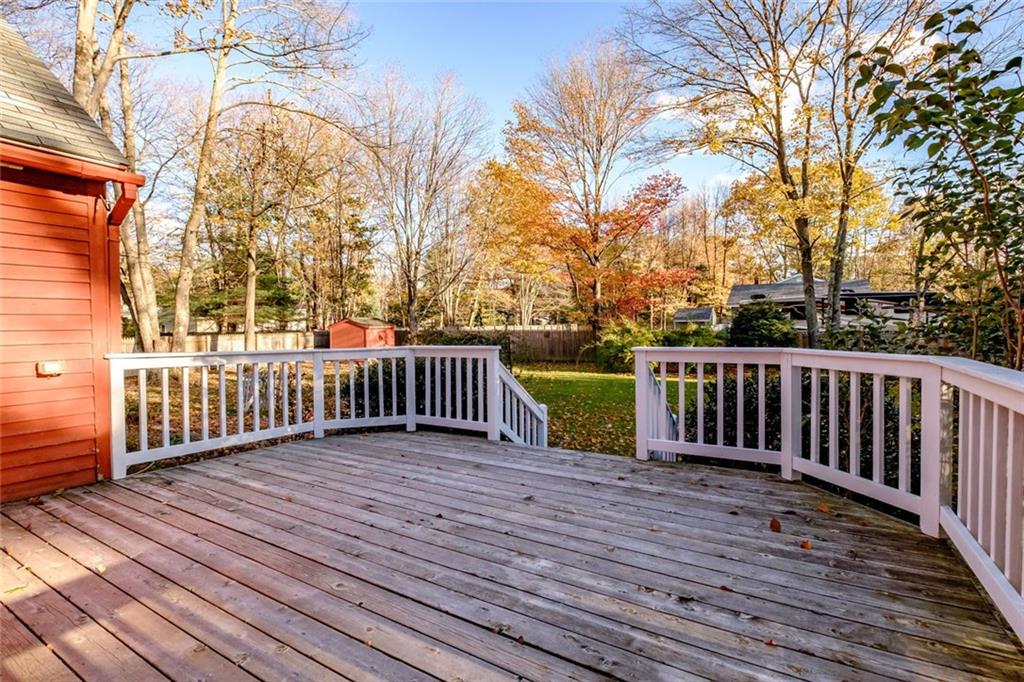Is a "Smart Home" for everyone?
Anyone can make their home a smart home! But a house full of smart devices doesn't automatically mean your life will be easier. If you want a smart home, you need to commit to learning, setting up, and tending to them when needed. If you don't see yourself having the time or technological understanding to set up and control the devices, a smart home might be more work for you than it's worth. But if you are willing to put in some time and money at first, a smart home might be perfect for you. There are many resources online that will walk you through the process from your first purchase, to setting up, to buying the perfect accessories to make your home work together.
Can Smart Homes be Green Homes?
Yes! A smart home's ability to adjust without you controlling it makes for many ways to save heat, water, and energy. A smart thermostat can be set to turn off or turn on when you want it to, without you remembering each time! This will save you energy, because you'll no longer forget to turn off your air when you leave or go to bed. Another way to be "green" in your smart home is with smart plugs. They can be programmed to turn on and off throughout the day or will automatically turn off when not in use. This means that your tv won't be draining energy all day when you aren't using it. You can even plug something in to charge it and set the plug to turn off when it's done. Here are even more ways to stay green in a smart home.
Will a Smart Home Have Higher Market Value Than a Non-Smart Home?
Not necessarily. New York Magazine interviewed Angel Piontek, a residential real estate agent in Virginia with 15 years of experience, to get her insight on the value of smart features. Piontek explained that there’s no guarantee that equipping your home with smart doorbells, thermostats, and lights will get you that money back when you sell. A full home system that cost $12,000, such as a Control4, will most likely add some real value but $1,000 worth of devices will likely just add some appeal to those interested in smart features. While you may not see a value increase for a few smart features, you can still benefit from adding them. If someone sees four homes that are all fairly similar in size, features, and value, but one is equipped with smart features that add ease and convenience, that one is going to sell faster.
Piontek advises that when showing your home, only leave out the devices you plan on leaving after selling. For example, don’t leave out your Nest Thermostat if you want to take it to your next home. Further, if you will be leaving a smart feature installed, make sure potential buyers and agents know what it is! Leave a pamphlet with some information about it. A feature can’t be helpful if they don’t know how it will benefit them.
One thing to consider, though, is that not everyone wants or is comfortable with smart features. If someone sees a house that is equipped with smart features and they know they don’t want them, they are likely not going to be interested. Consider the area you live in and whether smart home features are of interest to the people looking to live there.
Smart Home Safety Tips
















